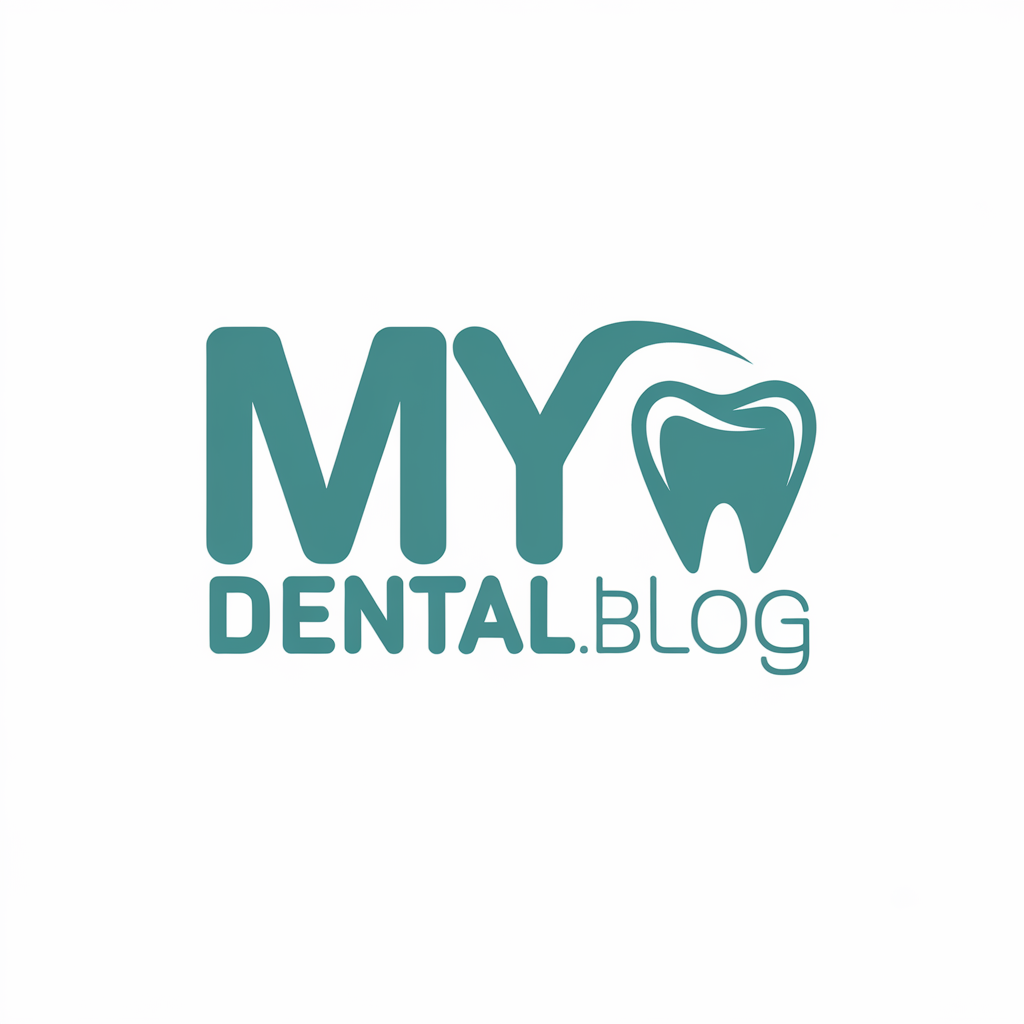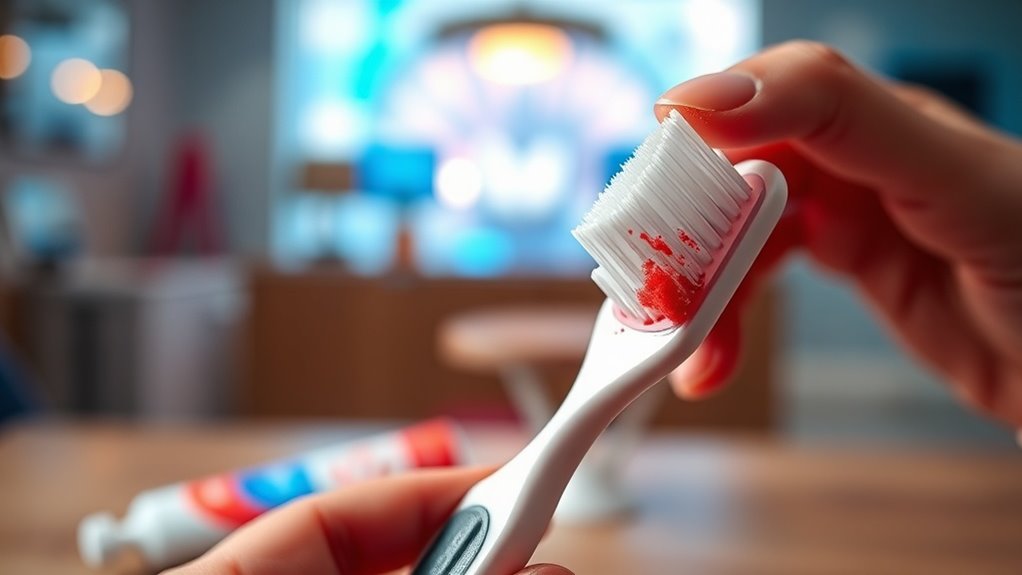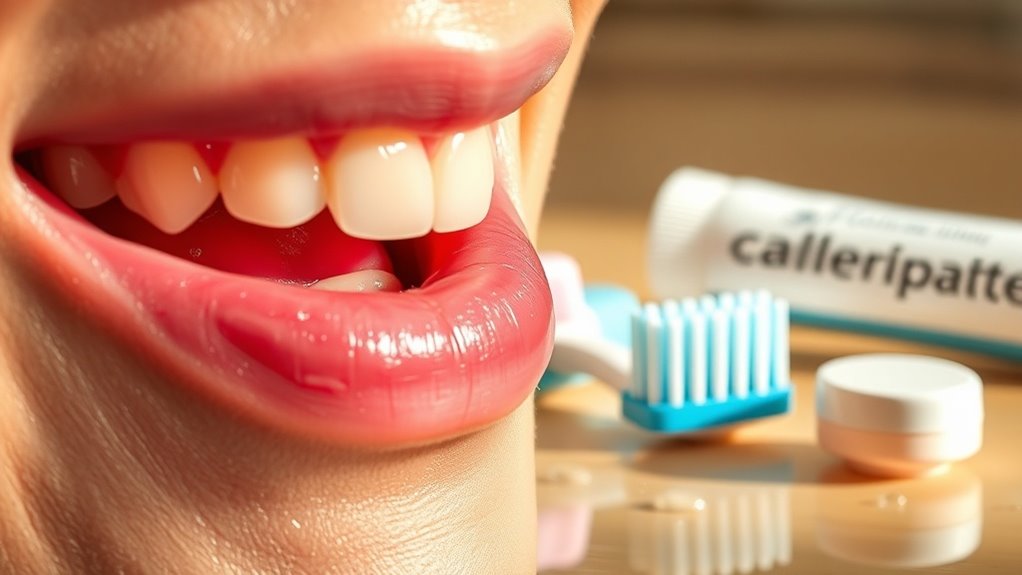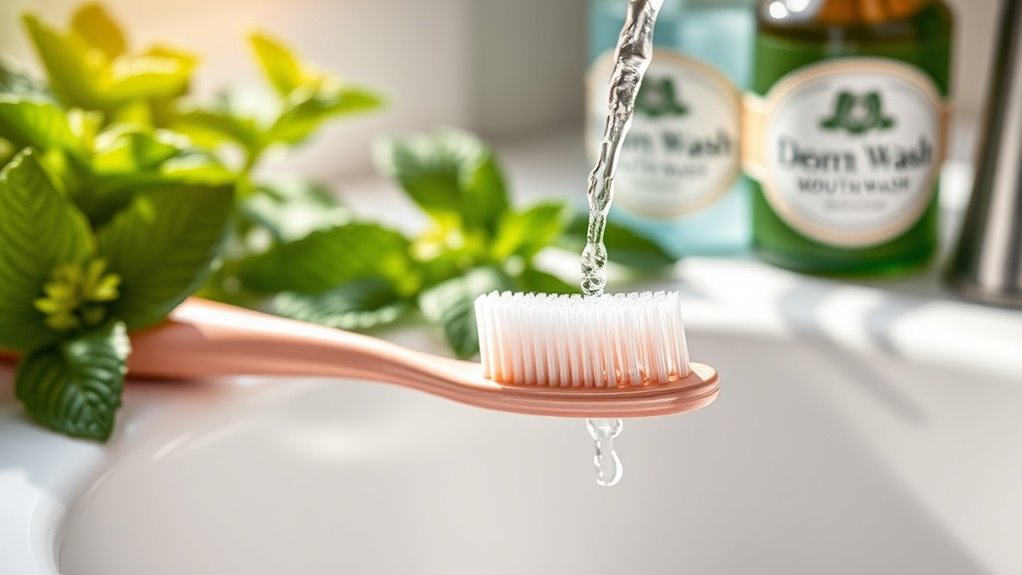What Bleeding Gums Really Mean (and Simple Fixes)
Have you ever wondered why your gums bleed when you brush? This common issue often points to gum disease, primarily caused by plaque buildup due to inadequate oral hygiene. Understanding the implications of bleeding gums and addressing it promptly can prevent serious oral and systemic health problems. Fortunately, there are simple fixes you can implement to maintain your gum health. Let’s explore those solutions and how you can take charge of your oral care.
Common Causes of Bleeding Gums
Bleeding gums can affect anyone, and understanding the common causes is essential for effective treatment. Poor oral hygiene often leads to plaque buildup, resulting in gum inflammation. Additionally, vitamin deficiencies, hormonal changes, and certain medications can contribute to bleeding gums. If you experience persistent bleeding, it’s crucial to consult a dentist to address the underlying issues and prevent further complications. Implementing consistent oral hygiene practices can significantly reduce the occurrence of bleeding gums.
Implications for Oral Health
Experiencing bleeding gums indicates potential issues with your oral health that shouldn’t be ignored. It may signal gum disease, which can progress if left untreated, leading to tooth loss or systemic health concerns. Recognizing this symptom early allows you to address underlying problems effectively. Prioritize your dental hygiene and consult a professional to ensure your oral health remains intact and vibrant. Additionally, maintaining proper oral hygiene is crucial in preventing further complications and promoting healthier gums.
Practical Solutions and Prevention Tips
Maintaining healthy gums is crucial for overall oral health, and there are several practical solutions and prevention tips to help you avoid gum issues. Regular brushing and flossing remove plaque and food particles. Using an antiseptic mouthwash can reduce bacteria. Don’t forget to schedule regular dental check-ups. Additionally, a balanced diet rich in vitamins C and D supports gum health and strengthens your immune system. Incorporating vitamin C-rich foods into your diet can also help reduce inflammation and support gum healing.





